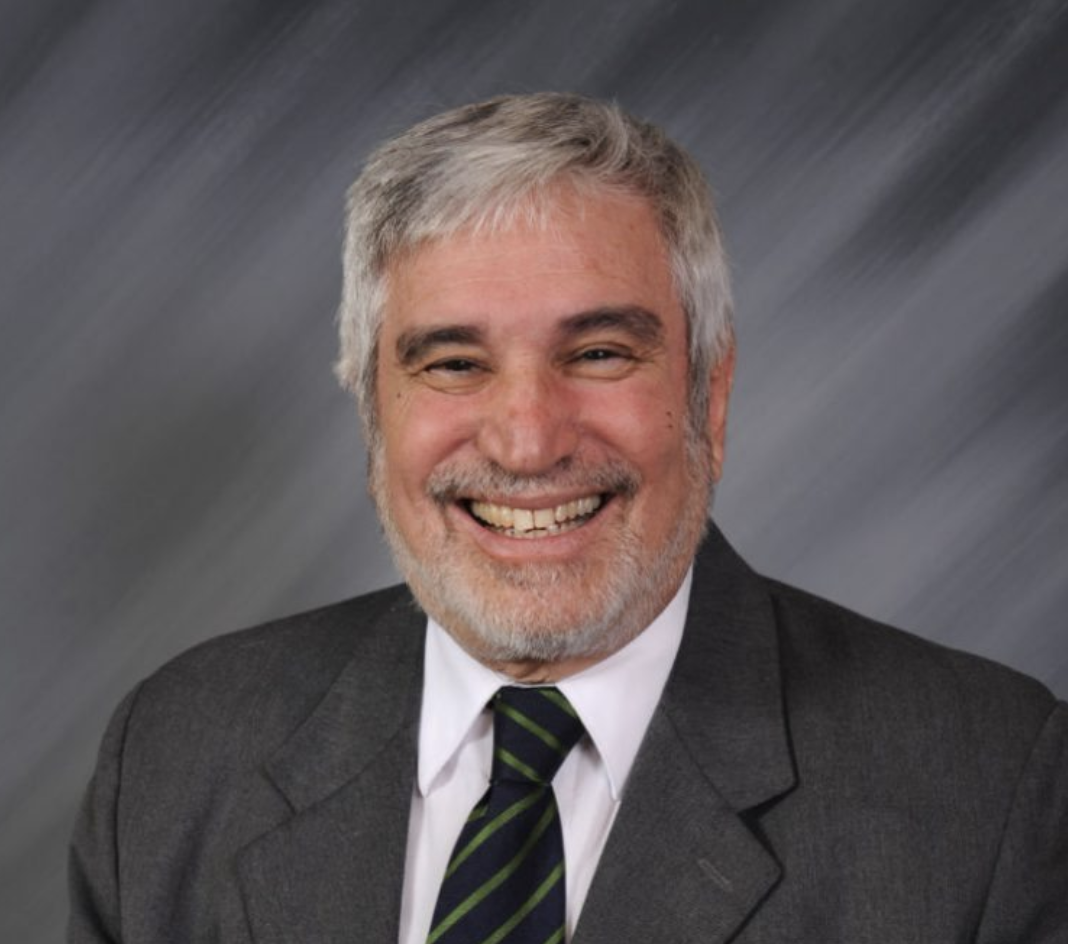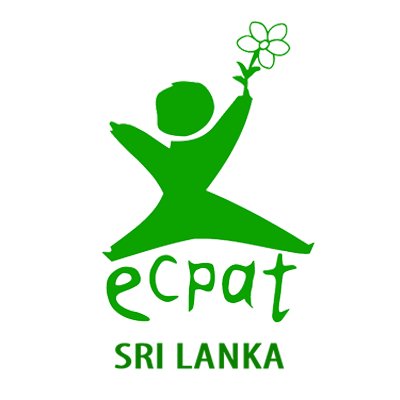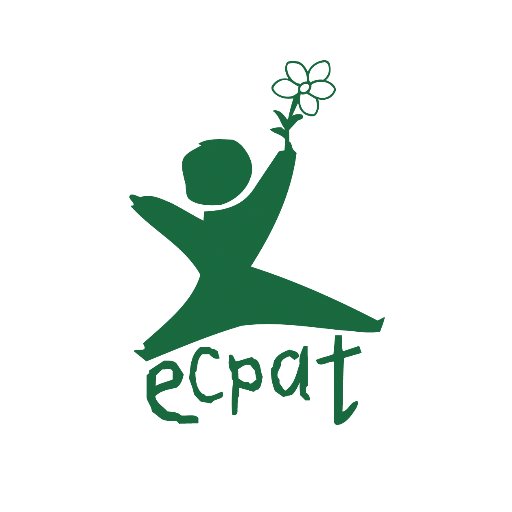
Africa Conference on Child Protection in Travel and Tourism
Moving forward from Recommendations to Commitments and Action
7 May 2018 | Durban, South Africa
1. Background
In June 2018, an International Summit on Child Protection in Travel and Tourism will be hosted by the Government of Colombia, in collaboration with the World Travel and Tourism Council (WTTC), ECPAT International and other stakeholders. The event will explore accelerated actions for implementation of the Recommendations of the Global Study on Sexual Exploitation of Children in Travel and Tourism (SECTT), and provide a roadmap to address this worldwide challenge. The Global Study was developed in cooperation with 67 partners worldwide (including UNWTO, Interpol and UNICEF). The Study has 46 sector-specific Recommendations for various stakeholders including the private sector (such as travel and tourism companies, the ICT industry and companies whose staff members travel for business). The Recommendations fall under five different intervention areas: awareness raising, prevention, reporting, ending impunity and access to justice, care and recovery and they are aligned to the realisation of the Sustainable Development Goals (SDGs) – a number of which relate to child protection and sustainable tourism. The Study was guided by a High-Level Taskforce and informed by detailed studies from every region and several countries, as well as contributions from experts and children. It presents the most updated picture of the problem of the sexual exploitation of children in travel and tourism, including in Africa and its Recommendations are key for improving private sector responses to prevent and combat this crime. Its findings confirm that no region is untouched by this challenge and no country is ‘immune’.
2. Rationale for the Conference
Two years after the launch of the Global Study, the need for coordinated efforts to ensure systemic translation of commitments into action cannot be over emphasised. This has been called for at various meetings including, at a Conference on Combatting Sexual Exploitation of Children in Travel and Tourism (SECTT), held in South Africa, in June 2017, and at the ‘Transition Meeting’ for the Global Study, in July 2017. At both meetings, key stakeholders as well as partners of the Global Study called for coordinated action for combatting SECTT and committed to concrete actions against
a call for a Regional Conference on Child Protection in Travel and Tourism was made by the then Chairperson of the UNWTO Commission for Africa.
In September 2017, the UNWTO adopted the text for a Framework Convention on Ethics in Tourism, which is a binding instrument with provisions on child protection and obliges States Parties to enforce at national level once they ratify it upon its entry into force. As States and the private sector seek to promote Sustainable Tourism for Development, children’s right to protection from violence and exploitation should be at the heart of all actions within the framework of ethical and responsible business practices. The private sector is a key stakeholder in ensuring that effective mechanisms are put into place for tourism to thrive sustainably, without subjecting children to any form of exploitation. Thus, there is a need to continuously promote and facilitate the implementation of the Global Study Recommendations to ensure that child protection remains in the tourism agenda. Various stakeholders in the region have already taken steps in child protection or are already in the process of doing so. These include the Africa Airlines Association (AFRAA), airline companies (such as South African Airways, Rwanda Air, Ethiopian Airlines, Kenya Airways), ACCOR Hotels in Africa and Fair Trade and Travel (FTT). Globally, major hotel and travel companies have been standard-bearers in the application of The Code of Conduct for the protection of SECTT. At the South Africa Conference, children in travel and tourism, such as Carlson Wagonlit Travels, AccorHotels, Hilton and TUI. A number of companies, including well-known brands such as Marriott, Uber USA and American Airlines have acknowledged the gravity of the problem and have also decided to join The Code. In view of these developments, and as a build-up to the International Summit, regional conferences on child protection in travel and tourism will be held. In Africa, the event will be hosted prior to the Africa Travel Indaba, which brings together the private sector from across Africa.
3. Objectives of the Conference
The main objective of the Conference is to expand and strengthen political will and actions in protecting children in travel and tourism based on the Recommendations of the Global Study on SECTT, as a regional contribution towards achieving the SDGs.
The Conference will therefore have the following sub-objectives:
a. To facilitate high-level dialogue with representatives of the tourism industry to enhance responsible business practices in protecting children in travel and tourism.
b. To share promising practices by leading travel and tourism companies in Africa with the view of
providing a regional contribution to the International Summit on Child Protection in Travel and
Tourism that will result in formulating global commitments.
c. To enhance regional cooperation to ensure child protection in travel and tourism.
Format of the Conference
It is envisioned that the Conference will be multi-sectoral and organised in partnership and collaboration of key stakeholders in the travel and tourism industry such as the UNWTO Commission for Africa, Tourism Ministries, African regional entities, UN agencies, private sector representatives and CSOs.
The format of the conference will comprise keynote speeches by high-level representatives of Tourism Ministries and travel and tourism industry. There will be panel discussions and dialogue by key stakeholders to share their practices and commitment towards child protection in travel and tourism. The Conference is scheduled to coincide with the African Travel Indaba to maximise and build on the growing commitments of Tourism Ministries towards sustainable and responsible tourism, as well as to access wide participation of the travel and tourism industry at the event.
The conference is expected to adopt a Private Sector Commitment to Child Protection in Travel and Tourism in Africa, which will be presented to the UNWTO Commission for Africa’s annual conference and the International Summit on Child Protection in Travel and Tourism, both of which will be held in June 2018 in Nigeria and Colombia, respectively.
5. Participants
The Conference is expected to attract 100 participants, drawn primarily from African governments, the African Union, Regional Economic Commissions (RECs), the private sector (including hotels, airline companies, travel agencies and tour operators, taxi companies, ICT companies and banks), police forces, UN agencies, INGOs, CSOs, the media and individual experts.
6. Date and Host Country
The Conference will be held on 7 May 2018 in Durban, South Africa, to coincide with the Africa Travel Indaba.
7. Contacts
For more information, please contact:
Ms Violet Odala, Specialist on SECTT, Africa
ECPAT International. Email: [email protected]




